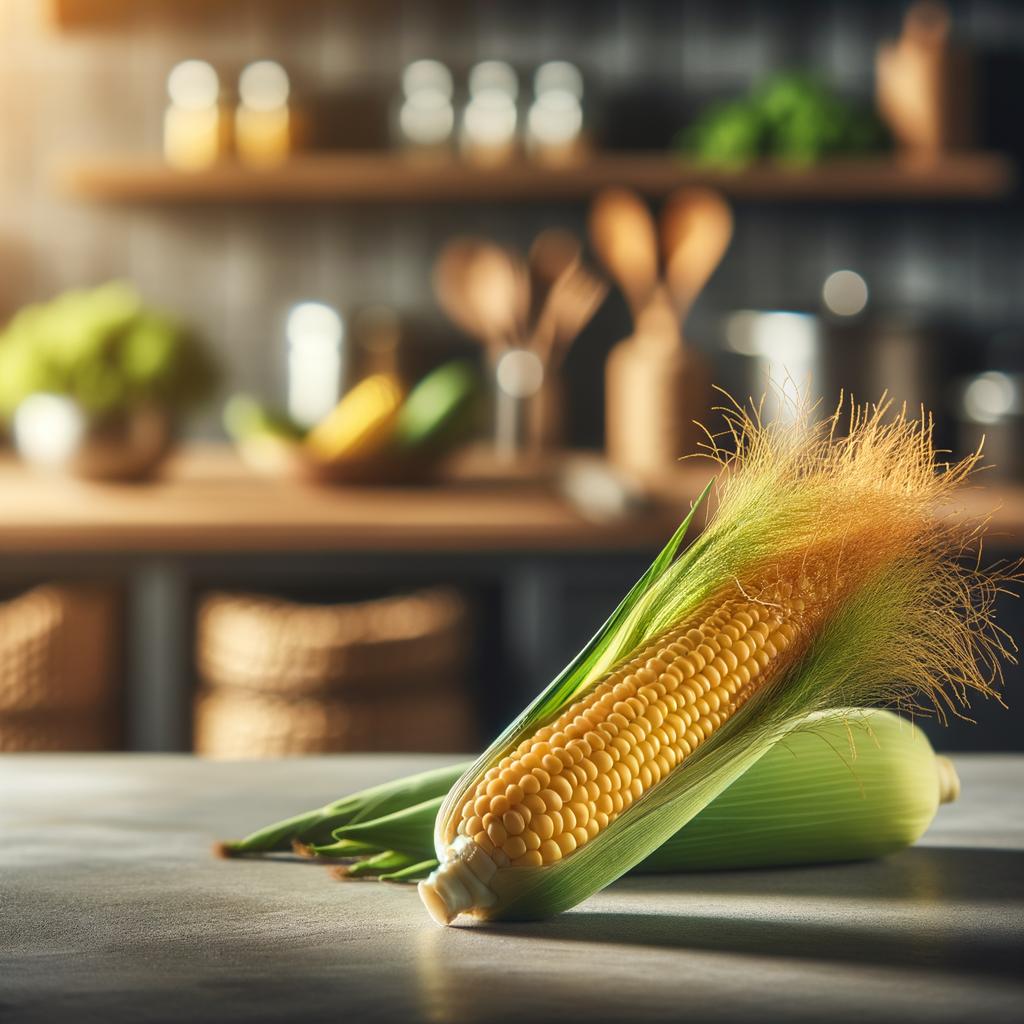Fresh Corn

Description
Fresh corn, the golden jewel of summer, is an ingredient that is as versatile as it is delicious. Each ear of corn is encased in a husk of green leaves, which when peeled away, reveals rows of sweet, juicy kernels. These kernels can range in color from a sun-kissed yellow to a deep, rich white, each popping with a burst of sweet, earthy flavor when bitten into. The texture of fresh corn is a delightful contradiction - both crunchy and succulent at the same time. What sets corn apart from other grains is its unique ability to be consumed fresh, unlike most grains that need to be processed before eating.
Primary Uses
Fresh corn is a staple ingredient in many cuisines around the world. It can be grilled, boiled, steamed, or roasted, and is a key component in dishes ranging from the American corn-on-the-cob slathered in butter, to the Mexican elote, and the creamy chowders of New England. It’s also used to make polenta in Italy, and is a vital ingredient in the Southern United States for making grits. Beyond its culinary uses, corn has also been used for medicinal purposes by Native American tribes, who believed it could treat kidney problems and hypertension.
History
Corn has a rich and romantic history, dating back to its domestication in Mexico over 10,000 years ago. It was considered sacred by the Mayans, Aztecs, and Incas, and was even believed to be the material from which humans were created according to Mayan mythology. Over time, corn spread across the Americas, becoming a staple crop for many Native American tribes. With the arrival of European explorers, corn found its way across the Atlantic, where it quickly gained popularity and became a vital food source around the world.
Nutritional Information
Fresh corn is not only delicious but also packed with nutritional benefits. It's a good source of dietary fiber, and rich in essential vitamins like Vitamin C and B-group vitamins. It also contains valuable minerals like magnesium, iron, and zinc. While corn does contain more sugar than many other vegetables, it also provides a good amount of protein and is naturally low in sodium and fat. Compared to other grains, corn is lower in calories and higher in fiber, making it a healthier option. However, like all foods, it should be consumed in moderation as part of a balanced diet.

